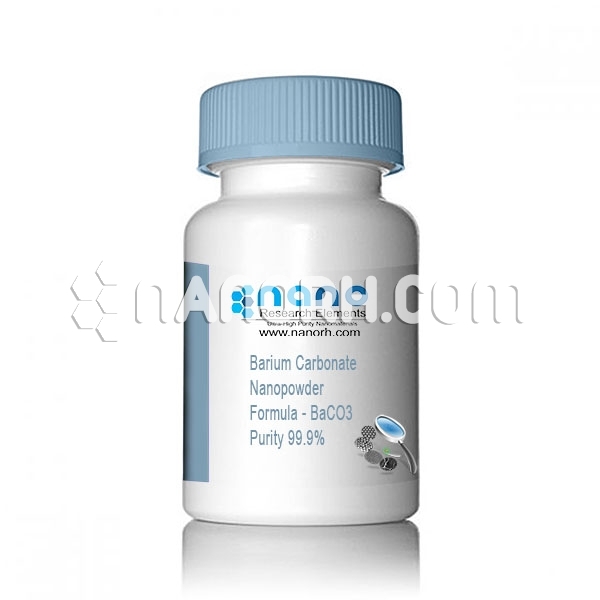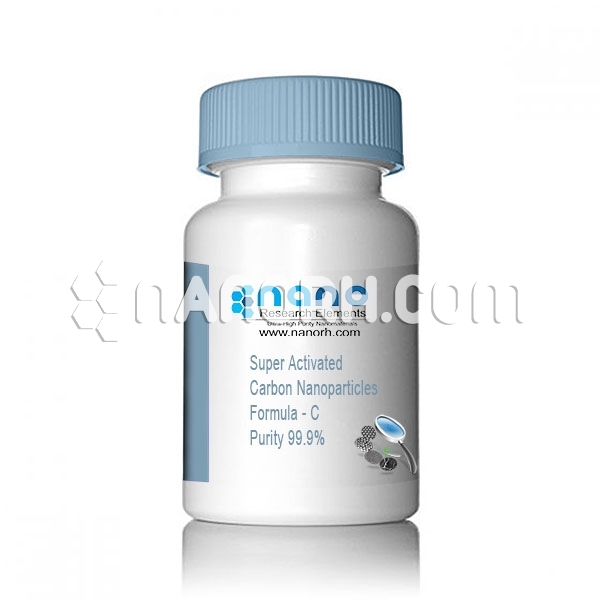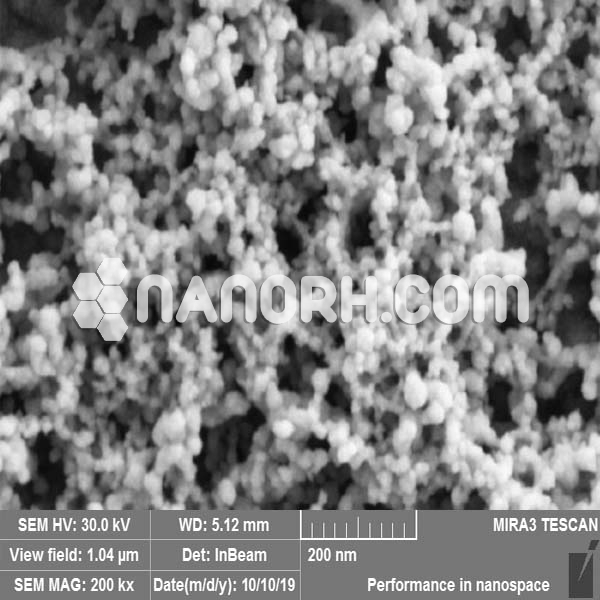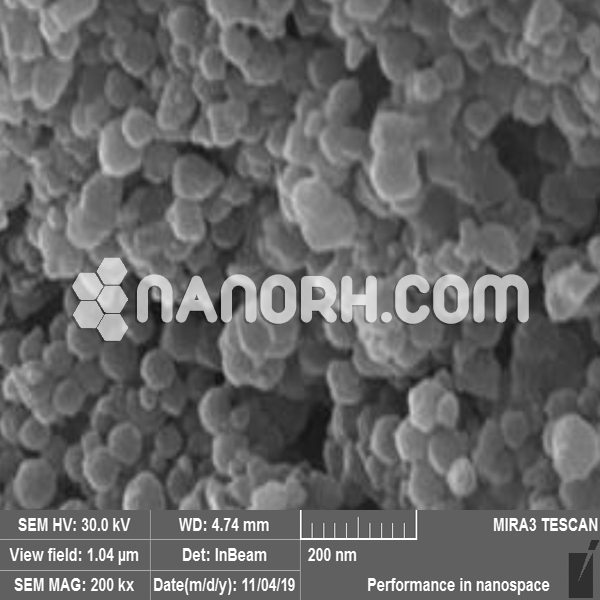| Barium Carbonate Nanoparticles | |
| Product No | NRE-5018 |
| CAS No. | 513-77-9 |
| Formula | BaCO3 |
| APS | <100nm (Can be Customized) |
| Purity | 99.9% |
| Color | Off-White |
| Molecular Weight | 197.34 g/mol |
| Density | 4.286 g/cm3 |
| Melting Point | 811 °C |
| Boiling Point | 1450 °C |
Barium Carbonate Nanopowder
Barium Carbonate nanopowder is an inorganic compound that is primarily known for its use in industrial applications such as the production of barium sulfate (BaSO₄) and ceramic materials. When synthesized into nanopowder form, barium carbonate exhibits enhanced properties, including a larger surface area, improved reactivity, and better dispersion. These characteristics make barium carbonate nanopowder highly valuable for a variety of high-performance applications in areas such as material science, energy storage, electronics, and even medicine.
Applications
Ceramics and Glass Industry
Ceramic Pigments: is used in the production of ceramic glazes and pigments. Due to its nano-sized particles, it can be more easily incorporated into ceramic formulations, allowing for more uniform distribution and improved color in ceramic materials.
Glass Production: Barium carbonate nanopowder is employed in specialty glass production, particularly in optical glass and cathode ray tube (CRT) glass. Its presence helps improve the optical properties of the glass, making it more transparent and durable.
Energy Storage and Batteries
Battery Electrolytes: can be used in the production of solid-state electrolyte materials for lithium-ion batteries or supercapacitors. The improved ionic conductivity of the nanopowder helps enhance the performance of energy storage devices, enabling faster charge/discharge cycles and greater energy efficiency.
Photovoltaic Applications: Due to its electronic properties, has been explored for use in photovoltaic devices. It can potentially improve the performance and efficiency of solar cells by enhancing light absorption and energy conversion rates.
Environmental Applications
Water Treatment: can be utilized in environmental remediation techniques, particularly for the removal of heavy metals or other contaminants from water. Due to its high reactivity, it can be used to adsorb or precipitate harmful substances from contaminated water, making it a valuable tool for wastewater treatment.
Soil Remediation: The nanopowder form of barium carbonate has also been investigated for its ability to neutralize acidic soils and adsorb pollutants, helping to restore soil quality for agriculture and other uses.




